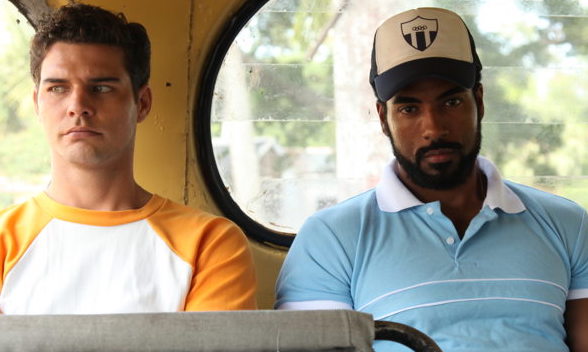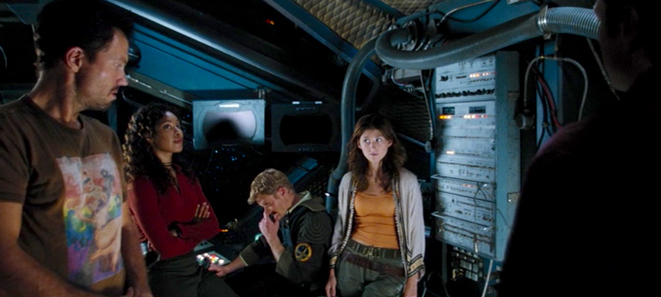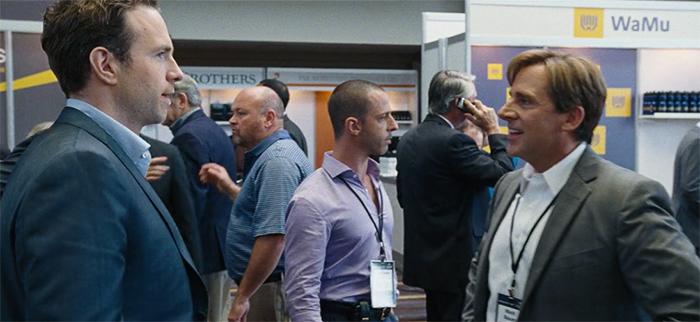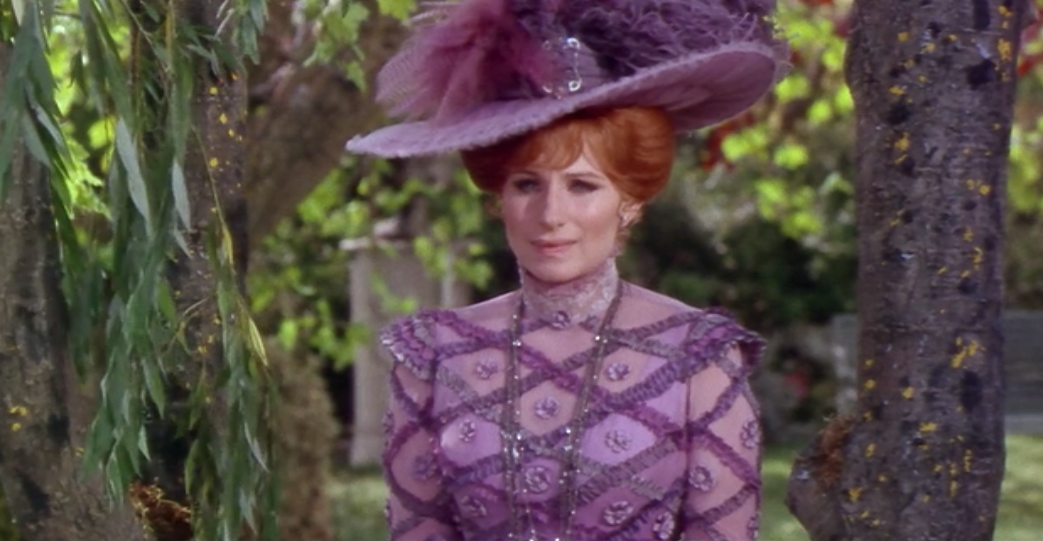Why Aquarius's Trouble in Brazil Could Bolster Its Oscar Chances (and other foreign film Oscar buzz)
 Sunday, August 28, 2016 at 8:30PM
Sunday, August 28, 2016 at 8:30PM It's that exciting time of the year again when we start hearing the names of the films selected to compete in this year's Oscar race for Foreign Language Film. It's our signature category at TFE (outside of Lead and Supporting Actressing of course and arguably the eye candy tech categories). All four of the foreign charts are now up and will be frequently updated when news comes in. We currently have 9 official submissions but dozens more will be named in the next three weeks.

Current Predictions
100% likely to change since only about 10% of the field is known at this point.
Chart 1 (Afgahnistan - Finland)
Submissions from Australia, Croatia, and Cuba. Finalists from Brazil and Denmark
Chart 2 (France through Morocco)
Submissions from Georgia & Germany. Finalists from Israel.
Chart 3 (Nepal through Vietnam)
Submissions from Romania, Saudi Arabia, Switzerland, and Venezuela. Finalists from The Netherlands and Spain.
Last year Jose and I interviewed representatives from 17 films and the team reviewed another dozen still and we hope to provide similarly extensive coverage again this year. Check out the charts above and do share with your friends and countrymen!
 the great Sonia Braga at Cannes in May
the great Sonia Braga at Cannes in May
Germany's Toni Erdmann is currently leading the Oscar buzz but the other topic on everyone's lips in this category is what will happen with Brazil's Aquarius. More on that and a couple of other speculative bits after the jump...









